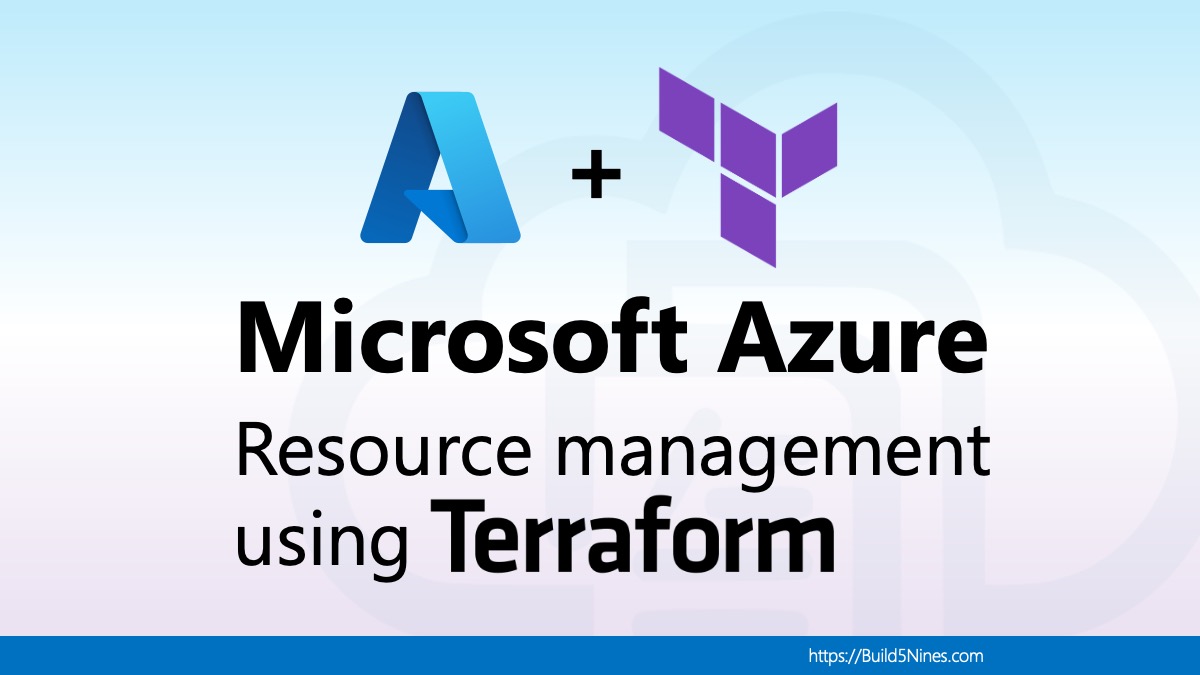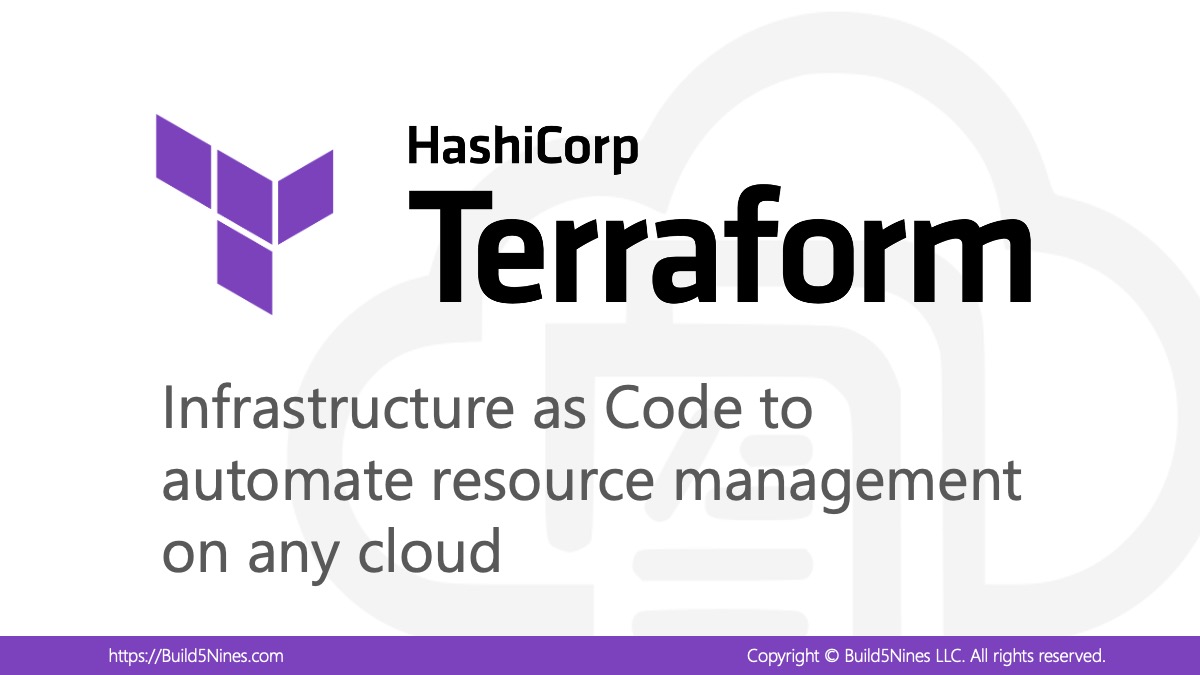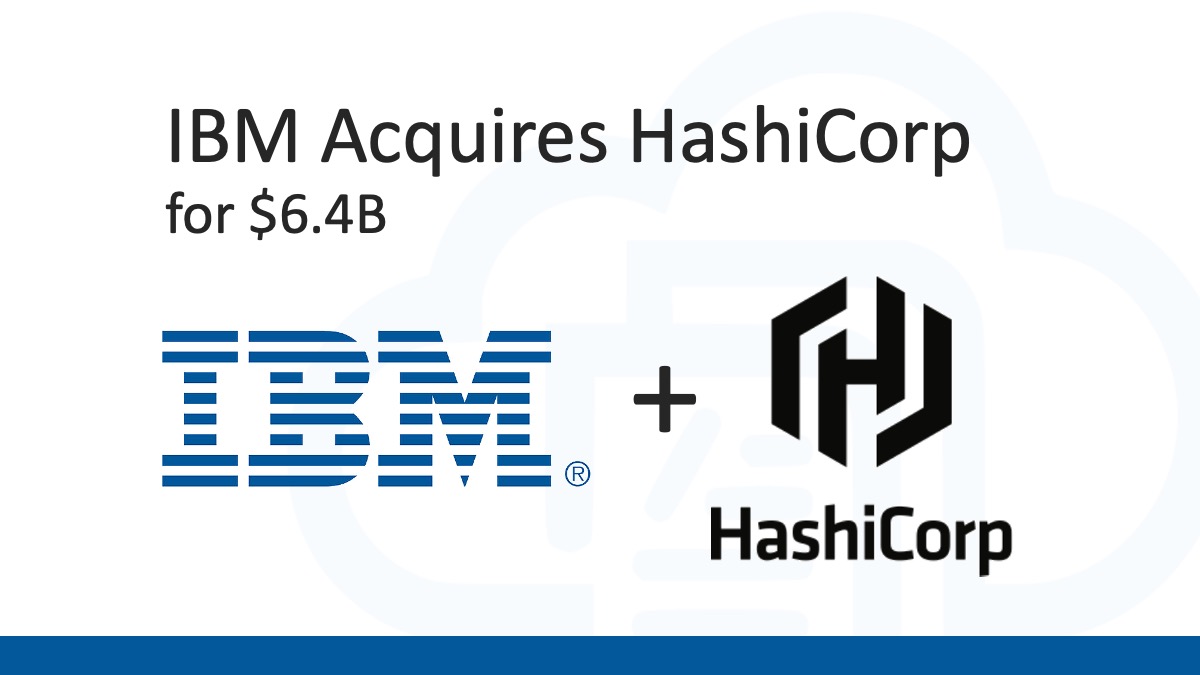To be a Site Reliability Engineer (SRE), it is helpful to have a strong background as either an IT Pro or Developer. Knowledge of programming languages such as Python, Go, Bash, and/or PowerShell are important. Familiarity with Linux and/or Windows, as well as network administration is also important. Knowledge of system architecture, distributed systems, and database management is beneficial. Experience with cloud computing platforms such as Microsoft Azure, AWS, and/or GCP is increasingly important as IT organizations move to the cloud. Having a good understanding of monitoring and logging tools, as well as experience with incident response and disaster recovery, are beneficial. Additionally, strong problem-solving and communication skills are also important for those in an SRE role. These are just as summary of the skills necessary, This article lists out the skills necessary for the Site Reliability Engineer (SRE) role in more detail below. Hopefully this all helps answer your questions as you journey to become a Site Reliability Engineer.
Table of Contents
Where to Start to become an SRE
Depending on your level of expertise and knowledge in the IT industry, you will have different amounts of learning necessary for preparing for a Site Reliability Engineer (SRE) role. Those already in the industry may come from either an IT Pro or Developer background. Either origin is fine, as the SRE role is really a blended role that requires skills of both IT Pros and Developers in a single role.
If you are interested in becoming an SRE, there are a few steps you can take to start your journey:
- Develop a solid foundation in computer science and programming
A strong understanding of computer science concepts and programming languages is essential for an SRE. You can start by taking online courses or reading books on computer science and programming. Generally, SREs will use languages like Python or Go for scripting, and Bash or PowerShell for terminal / command-line scripting too. - Gain experience with Linux and Windows operating systems
Familiarity with Linux and Windows operating systems is essential for an SRE. You can start by installing the OS on a personal computer or in a Virtual Machine (VM), then learning the basics of command-line interface and system administration. The level of Linux versus Windows knowledge will vary depending on the organization you work for, but you’ll likely find Linux to be most common in the server world. - Learn about cloud computing
Cloud computing has become really important in IT, and an SRE should have experience with cloud platforms such as Microsoft Azure, AWS, and/or GCP. You can start by taking online courses or experimenting with cloud services on your own. You don’t need to know all cloud platforms, the one necessary will depend on the organization. - Learn about monitoring and logging
Understanding of monitoring and logging is a key skill for an SRE, you can start by learning about common monitoring and logging tools such as Prometheus, Grafana, and Elasticsearch. - Get experience with incident management and disaster recovery
Knowledge of incident management and disaster recovery is important for an SRE. You can start by reading about incident management best practices and disaster recovery planning. - Get hands-on experience
The best way to learn is by doing, try to get hands-on experience via building something yourself, or by volunteering for IT projects or internships if possible. If you can’t find somewhere to help you get experience, then always work to make your own experience by getting hands-on with the technologies and tools! - Learn about the industry best practices and standards
SREs need to have a good understanding of industry best practices and standards around topics like DevOps, CI/CD, Agile/Scrum methodologies, etc. - Network and gain knowledge from more experienced SREs
SRE is a challenging role and it’s always helpful to have people to ask questions to, try to network and gain knowledge from more experienced SREs by attending user groups or participating in online forums.
Remember that becoming a Site Reliability Engineer is a journey that takes time and effort. You may start with the above steps as a general guide if you wish. Just remember it takes time to learn all the necessary skills, just the same with any other job role.
Years of Experience for an SRE
In general, Site Reliability Engineer (SRE) roles typically require at least 3-5 years of experience in a related field, such as systems engineering, network administration, or software development. The years of experience for an SRE may depend on the organization and the specific requirements of the engineering team. Something important to keep in mind is the experience in a specific field is not the only requirement, SREs also need good understanding of the industry best practices and standards, as well as have good problem-solving skills. The ability to work well in a team or even integrating across multiple engineering teams is beneficial.
The Site Reliability Engineer (SRE) role is considered a more advanced role (or senior level role), and having previous experience in a senior engineering or developer role is generally best.
Top 10 SRE Skills to Know
There are many skills that a Site Reliability Engineer (SRE) must know or be familiar with. With the SRE role being more of an advanced or senior level role, there is a longer list of skills needed than more junior roles require. Although, don’t let this discourage you if you aren’t as familiar with specific skill areas, as each organization and team has slightly difference expectations and requirements of the SREs on the team.
The following are the top skills for a Site Reliability Engineer (SRE) to know:
- Strong knowledge of Linux and/or Windows operating systems
A SRE should have a deep understanding of Linux and/or Windows operating systems, and be able to troubleshoot and optimize system performance. The organization and team will determine how much Windows or Linux knowledge is required. - Programming and scripting languages
Proficiency in at least one programming language used for scripting, such as Python or Go, as well as terminal languages, such as Bash and/or PowerShell, is essential for automating tasks and building tools for incident management and disaster recovery. - Cloud computing
Experience with cloud computing and networking platforms, such as Microsoft Azure, AWS, and/or GCP is important for deploying and scaling systems. Infrastructure as Code (IaC) tools such as Terraform, Azure ARM / Bicep, and others is important for cloud infrastructure deployment automation. - Network and system administration
Understanding of network protocols and concepts, and experience with managing and optimizing system performance. - Monitoring and logging
Experience with monitoring and logging tools, such as Prometheus and Elasticsearch, is important for identifying and resolving issues. In the Microsoft Azure cloud, experience with Azure Monitor is helpful. - Incident management and disaster recovery
Knowledge of incident management processes and experience with disaster recovery planning and execution. - Strong problem-solving skills
A SRE should have strong analytical and problem-solving skills to identify and resolve issues. - Good communication skills
SREs often work with other teams and stakeholders, so strong communication skills are essential. - Continuous integration and deployment
Familiarity with DevOps tools and processes for automating the software release process is important. This can include tools like Azure DevOps, GitHub, Git, and other DevOps tools. - Familiarity with database management and distributed systems concepts
SRE should have a good understanding of database management and distributed systems, such as SQL Server, PostgreSQL, MySQL, Kafka, Cassandra, and Kubernetes. Also, knowledge of the SQL language for relational database management and querying will generally be helpful.
Boost your Resume with SRE Certifications
Knowing the skills and expertise necessary to become a Site Reliability Engineer (SRE) is great, but gaining credentials to boost your resume are extremely important. There are many technical certifications beneficial to Site Reliability Engineers and DevOps Engineers in the industry, and the choice to start with will depend on your experience level. The appropriate certifications for you are also going to depend on the company and/or engineering team you will be joining as you transition into a Site Reliability Engineer career path.
Keep in mind there is no “best path” as the requirements of an SRE role do vary depending on the company and team.
Let’s take a look at a few different SRE skills areas and what technical certifications are great choices for those areas. The following lists also include the experience level you should have when you expect to start studying for each certification.
Entry-level / Beginner Certifications
- CompTIA Cloud+ (Beginner) – This will show you have the general expertise to understand cloud concepts and infrastructure that is not vendor-specific. This may be a great way to gain an introduction to a vendor-neutral view of cloud computing.
- Microsoft Certified: Azure Fundamentals (Beginner) – This is great if you are new to the cloud and Microsoft Azure. It’s not a SRE specific certification, but a great way to start getting into Microsoft Azure as a entry-level / beginner level.
- CompTIA Network+ (Beginner) – This is a great networking certification that covers networking topics that are not vendor-specific. This will provide the expertise to show you know networking.
- CompTIA Linux+ (Beginner) – This is a great Linux certification that covers everything you need early in your career as to support Linux from a System Administrator perspective.
Microsoft Azure Specific Certifications
These are some Microsoft certifications that are specific to the Microsoft Azure cloud. These are relevant for SREs working with Microsoft Azure.
- Microsoft Certified: Azure Network Engineer Associate (Intermediate) – This is great to prove expertise in configuring Networking within Microsoft Azure.
- Microsoft Certified Azure Administrator Associate (Advanced) – This is great to prove a well rounded level of expertise in working with Microsoft Azure services from an administrator or IT Pro perspective. So creating / managing Azure services, as well as CLI and PowerShell scripting.
- Microsoft Certified: Azure Developer Associate (Advanced) – This is great to prove a well rounded level of expertise in working with Microsoft Azure services from a developer perspective. It includes creating and managing Azure services, as well as coding using SDKs and APIs.
- Microsoft Certified: DevOps Engineer Expert (Expert) – This certification requires you to also have the Microsoft Certified: Azure Administrator or Azure Developer Associate certifications. This DevOps Engineer expert certification will prove expertise in managing DevOps tooling including Azure DevOps and GitHub for code deployment and automation; including using these tools as part of the general developer and engineering team workflows. This is a simple explanation, and this exam does cover a bit more than this.
Amazon AWS Specific Certifications
These are some Amazon Web Services (AWS) certifications that are specific to the AWS cloud. These are relevant for SREs working with Amazon Web Services.
- AWS Certified: Cloud Practitioner Foundational (Beginner) – This validates cloud fluency and foundational knowledge of Amazon Web Services.
- AWS Certified: SysOps Administrator Associate (Advanced) – This validates the ability to deploy, manage, and operate workloads on Amazon Web Services.
- AWS Certified: DevOps Engineer Professional (Expert) – This validates the ability to automate the testing and deployment of Amazon Web Services infrastructure.
- AWS Certified: Advanced Networking Specialty (Intermediate) – This validates expertise in designing and maintaining network architecture for various services in Amazon Web Services.
DevOps and Automation Certifications
- HashiCorp Certified: Terraform Associate (Intermediate) – This is great option to show expertise in writing Infrastructure as Code (IaC) using HashiCorp Terraform that can be used to deploy resources within any cloud provider (via multi-cloud support) as well as third-party support for other types of infrastructure within the same IaC code base.
- Certified Kubernetes Administrator (CKA) (Advanced) – This a a great option to show expertise managing Kubernetes (K8s) clusters, services, and networking as a Kubernetes Administrator.
I hope these lists help you decide what SRE certifications to choose to boost your resume to get into a Site Reliability Engineer career. These recommendations should help you whether you’re starting as a beginner, or if you’re already experienced as a senior level engineer.
Wrap Up
Hopefully the information above will help those looking to become a Site Reliability Engineer (SRE) or move into an SRE role. It is a Senior level role generally, so there are more skills to learn and become familiar with. On teams with a single SRE, you may be required to know more, but teams with multiple you wont necessarily be required to know as much. Just as any other job role, the full requirements of the role will depend on the organizations and the teams requirements. Keep in mind to not get discouraged, and take your time to learn the necessary knowledge and skills required. Whether you start as an IT Pro or Developer, the SRE role is a great career path full of challenges and an integration of both IT Pro and Developer skills in a single job role. Also, technical certifications are a great way to get credentials to boost your resume to show you have the knowledge necessary for the SRE role.




 Stack Overflow Upset Over Users Deleting Answers After OpenAI Partnership
Stack Overflow Upset Over Users Deleting Answers After OpenAI Partnership
 GitHub Actions: Commit and Push Changes Back to Repository
GitHub Actions: Commit and Push Changes Back to Repository
 Run Your Own Local, Private, ChatGPT-like AI Experience with Ollama and OpenWebUI (Llama3, Phi3, Gemma, Mistral, and more LLMs!)
Run Your Own Local, Private, ChatGPT-like AI Experience with Ollama and OpenWebUI (Llama3, Phi3, Gemma, Mistral, and more LLMs!)
 IPv4 Address CIDR Range Reference and Calculator
IPv4 Address CIDR Range Reference and Calculator
 Azure Functions: Extend Execution Timeout Past 5 Minutes
Azure Functions: Extend Execution Timeout Past 5 Minutes






Thanks a lot for this article!
But what SRE’s responsibility scope? What main tasks should SRE work with?
What the main difference between DevOps and SRE?
Thanks! I actually just posted another SRE article that talks about this a bit: https://build5nines.com/what-is-a-site-reliability-engineer-sre/
Thank you!